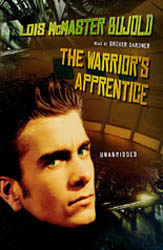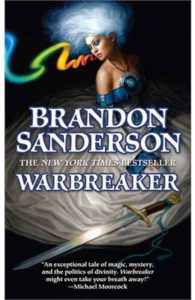When is a lie not a lie?
Characters holding different points of view often have different ideas of what constitutes a lie.
Different people will have different, even contrasting, memories of the same event. Some people’s memories will fixate around the particular things they noticed during the event (for example some people will remember sounds; others won’t remember sounds at all). The brain fills in “missing information” to create coherent narrative—if two people saw a bad guy on the roof and then on the ground, one person might say the bad guy climbed down the fire escape and another might say the bad guy jumped. One—or both—of those statements is untrue, but each will seem true to the person saying it.
If your character is an atheist, he will consider the statement “There is a God” to be untrue.
If your character is a practicing Muslim, she will consider the statement “There is a God” to be true.
If your character is a practicing Hindu, he may respond to the statement “There is a God” with “Actually, there are many gods”—ie, the statement is an incomplete truth.
Or think about politics: “The best candidate to run the country is….” Supporters of various political parties will argue passionately about whether the statement is true or false depending on whose name is used to conclude it!
In cases like these three, nobody is telling deliberate falsehoods or trying to deceive anyone. Rather, people’s perspectives are leading them to make judgments of “truth” or “falsehood” based on their own experiences, beliefs, and understandings.
Sometimes the character may be proven wrong. The person who thought he saw and heard the bad guy making his way down the fire escape may be shocked when he sees the security footage of the bad guy jumping from the roof. He may question his own sanity or his eyesight. But he hasn’t deliberately lied. He’s had a (very common) mistaken perception.
And sometimes the characters may never find out whose version is the truth. Maybe the character who believes in the paranormal is sure she saw a ghost and the character who doesn’t believe in life after death is sure she didn’t…and the story ends without anyone ever finding out if the ghost was “real” or not. In this case, the plot of the story—the story arc—is focused on something else, and whether or not the ghost is real doesn’t matter.
Contrasting points of view can create tension and mystery, cause conflicts between characters, and drive the story forward—and they can be done with everyone involved certain they are each telling the truth.








